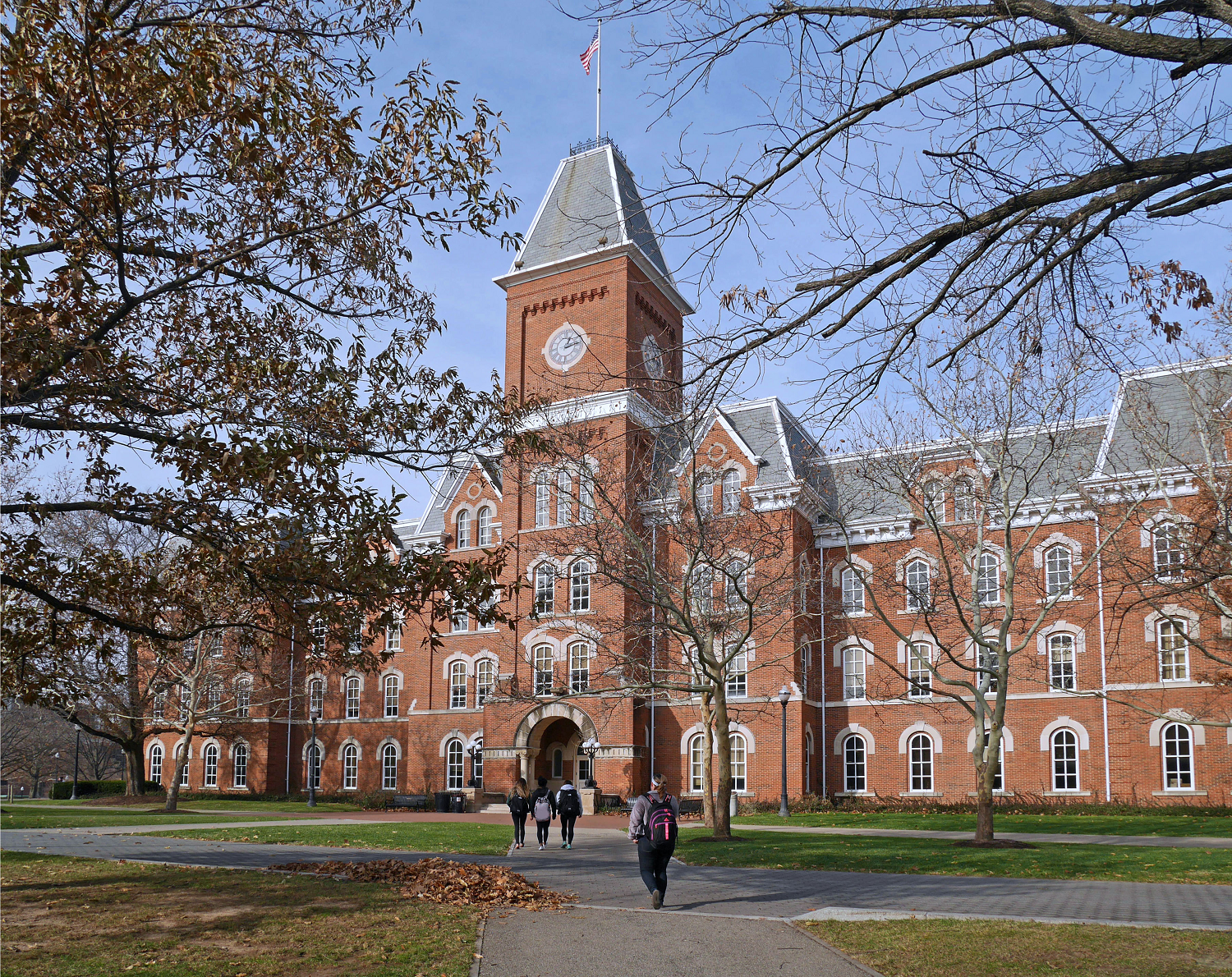HIGHER EDUCATION AFTER INCARCERATION

According to a 2018 Prison Policy Initiative report, 25% of formerly incarcerated people don’t have a high school diploma or equivalency — this is nearly twice as high as the rate for the general public. Also, only 4% of formerly incarcerated folks have earned a bachelor’s degree or higher, while 25% of the general public has reached this level of education. Additionally, people with conviction records have an exceptionally high unemployment rate of 27%.
Higher education provides formerly incarcerated people with the ability to find good job opportunities and get their lives back on track. Indeed, people with prior convictions who enroll in college degree programs are 48% less likely to be incarcerated again than those who do not. Education benefits both formerly incarcerated people and society, as lower rates of recidivism lead to safer neighborhoods and less need to dedicate tax dollars to the prison system.

